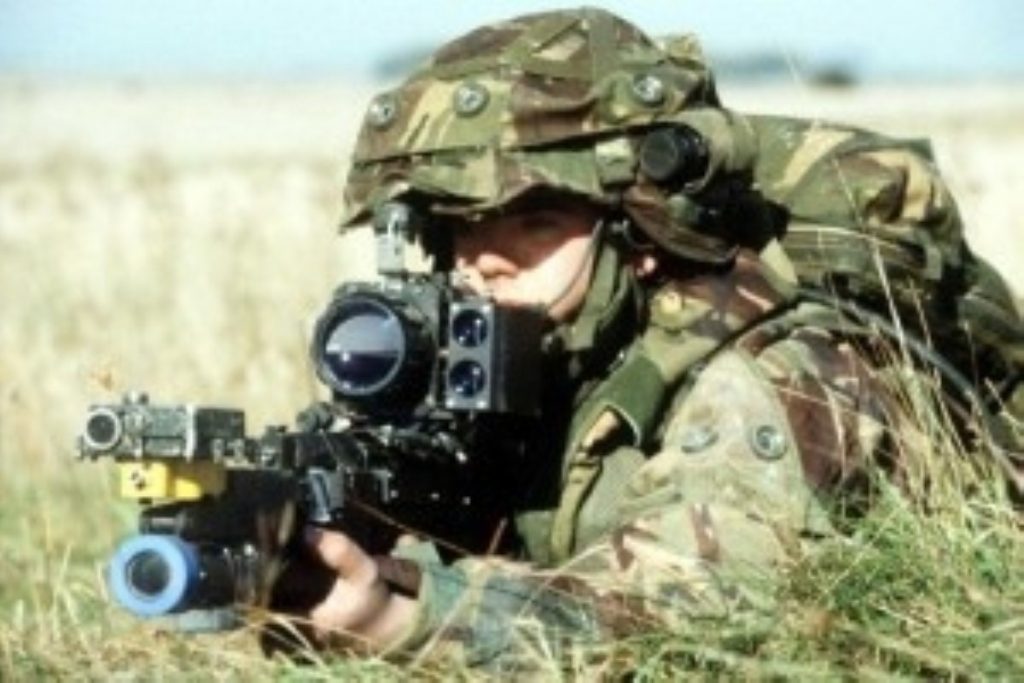Lib Dems back families of dead soldiers in MoD complaint
Senior Liberal Democrats on Wednesday gave their backing to the attempt of relatives of soldiers who died in Iraq and at Deepcut to force a public inquiry.
The families of the soldiers who died at Deepcut Barracks between 1995 and 2002 have long called for a public inquiry into the deaths, claiming that the military have been secretive and unhelpful.
Relatives of those soldiers who have died in Iraq claim that the same mistakes are being made with the troops killed in Iraq.
Ministers have long resisted calls for a Deepcut public inquiry pointing out that there have been intensive police and coroners inquiries into the deaths. The families though do not accept the official verdict that their children committed suicide. All four young recruits died of gun shot wounds.


Liberal Democrat MPs Lembit Opik and Simon Hughes today gave their backing to the campaign, but stressed they were acting as constituency MPs.
Mr Opik said the MoD’s response to army deaths was “inadequate”.
Speaking at a press conference held with the families of the dead soldiers, he said: “The families do not get answers to simple questions, and they do not get access to basic information . Mr Hoon must actually, visibly, change how the Ministry of Defence treats families of the deceased.”
He called on the Defence Secretary to end the “obstruction, unnecessary secrecy and poor interaction with parents”.
They posed five key questions to Geoff Hoon, including:
– Why were ministers still refusing to hold a public, independent inquiry into the deaths at Deepcut, when neither they nor the families had been allowed to see the reports of previous investigations?
– How did the Government’s insistence on accountability for the Soham murders square with its lack of interest in finding anyone responsible for the Deepcut deaths?
– How did ministers explain the failure to pass on Board of Inquiry reports to many of the families of the deceased?
Mr Opik said he expected answers to these questions by the end of the parliamentary session in September.
Mr Hughes, said that there was no legitimate reason for resisting calls for an inquiry, “other than the natural secrecy of Government, the Ministry of Defence in particular”, and that an inquiry was “inevitable”.
“The sooner they grant it, the less pain there will be for everyone,” he said.
It was clear that the deaths of the soldiers would not be dealt with properly unless all the evidence were out in the open, he added.
“If there is to be any credibility left, it has to be available to everyone.”

